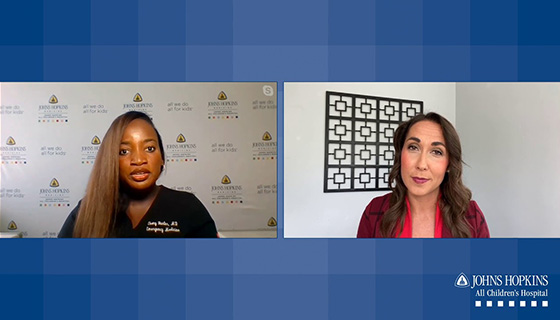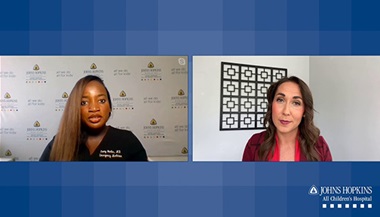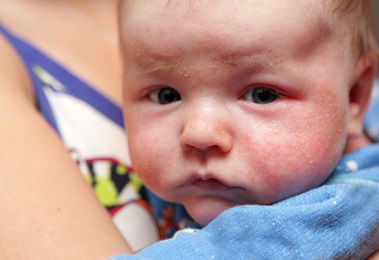Cold Sores
What are cold sores?
Cold sores are small blisters around the mouth, caused by the herpes simplex virus. They are sometimes called fever blisters. The most common strain of the virus causing cold sores is herpes simplex virus 1. It can be spread by kissing or sharing eating utensils or even sharing towels.
Herpes simplex is not curable, but may lie dormant for a long time. Episodes of the cold sores last no longer than 2 weeks. Hot sun, cold wind, a cold or other illness, or a weak immune system can cause an outbreak of herpes simplex virus.
What causes cold sores?
Cold sores are caused by the herpes simplex virus. Once the herpes simplex virus is in you, it can cause outbreaks of cold sores. Cold sore outbreaks are often triggered by exposure to hot sun, cold wind, a cold or other illness, a weak immune system, or even stress.What are the symptoms of cold sores?
Some people don’t have any symptoms with the first attack; others have flu-like symptoms and ulcers in and around the mouth. While each person may experience symptoms differently, these are the most common:
-
Tingling of the lips, commonly felt before cold sores appear
-
Small blisters on the lips and mouth that enlarge, burst, then crust over
-
Itching, dryness, and irritation of the lips and mouth
-
Soreness of the lips and mouth
How are cold sores diagnosed?
Your doctor can often diagnose cold sores by examining the sores. If the diagnosis is unclear, he or she may culture the sore by taking a sample of cells using a swab and examining it under a microscope.
How are cold sores treated?
Cold sores can’t be cured, but, if symptoms are severe, treatment may help relieve some symptoms. Treatment may include:
-
Antiviral topical ointments (such as acyclovir and penciclovir)
-
Antiviral oral medications (such as acyclovir, famciclovir, and valacyclovir)
-
Over-the-counter topical anesthetics or anti-inflammatory agents may help with symptoms
Cold sores take about 1 to 3 weeks to heal. The first time they appear, they can take up to 3 weeks to heal. But, when cold sores return, they usually take a week to heal if no medicines are used. Antiviral medications may help, but they need to be started before day 3 or 4 of the blister formation. Antivirals are usually not recommended for otherwise healthy people. Always consult your health care provider or dentist if the sore does not heal or becomes worse as time passes.
Can cold sores be prevented?
If you have never had a cold sore, avoid skin-to-skin contact with someone who has an active cold sore. If you have had a cold sore, you may prevent or reduce the number of recurrences by determining what triggers your outbreaks and avoiding the trigger. For instance, if sun exposure is a trigger, use sun screen when in the sun. If you have frequent outbreaks, consult with your health care provider. Starting treatment as soon as you know you are developing a cold sore can promote healing and reduce the time it takes a cold sore to heal.
Key points
-
Cold sores are small blisters around the mouth, caused by the herpes simplex virus.
-
Cold sores can be spread by kissing or sharing eating utensils or even sharing towels.
-
Tingling often occurs prior to the appearance of blisters.
-
Cold sores cause small blisters on the lips and mouth that enlarge, burst, then crust over.
-
Early treatment can promote healing and reduce the time it takes a cold sore to heal.
Next steps
Tips to help you get the most from a visit to your health care provider:
-
Before your visit, write down questions you want answered.
-
Bring someone with you to help you ask questions and remember what your provider tells you.
-
At the visit, write down the names of new medicines, treatments, or tests, and any new instructions your provider gives you.
-
If you have a follow-up appointment, write down the date, time, and purpose for that visit.
-
Know how you can contact your provider if you have questions.






